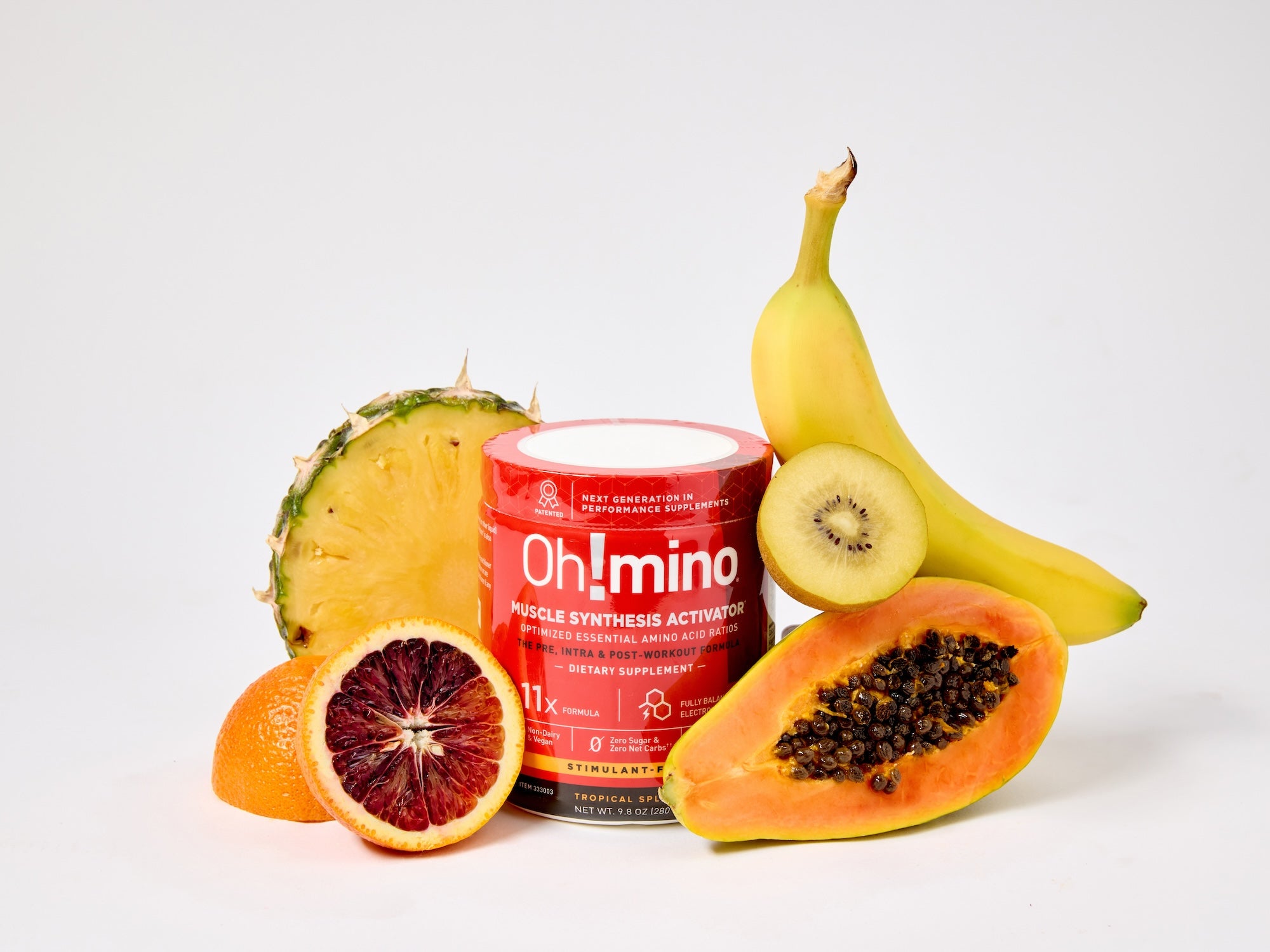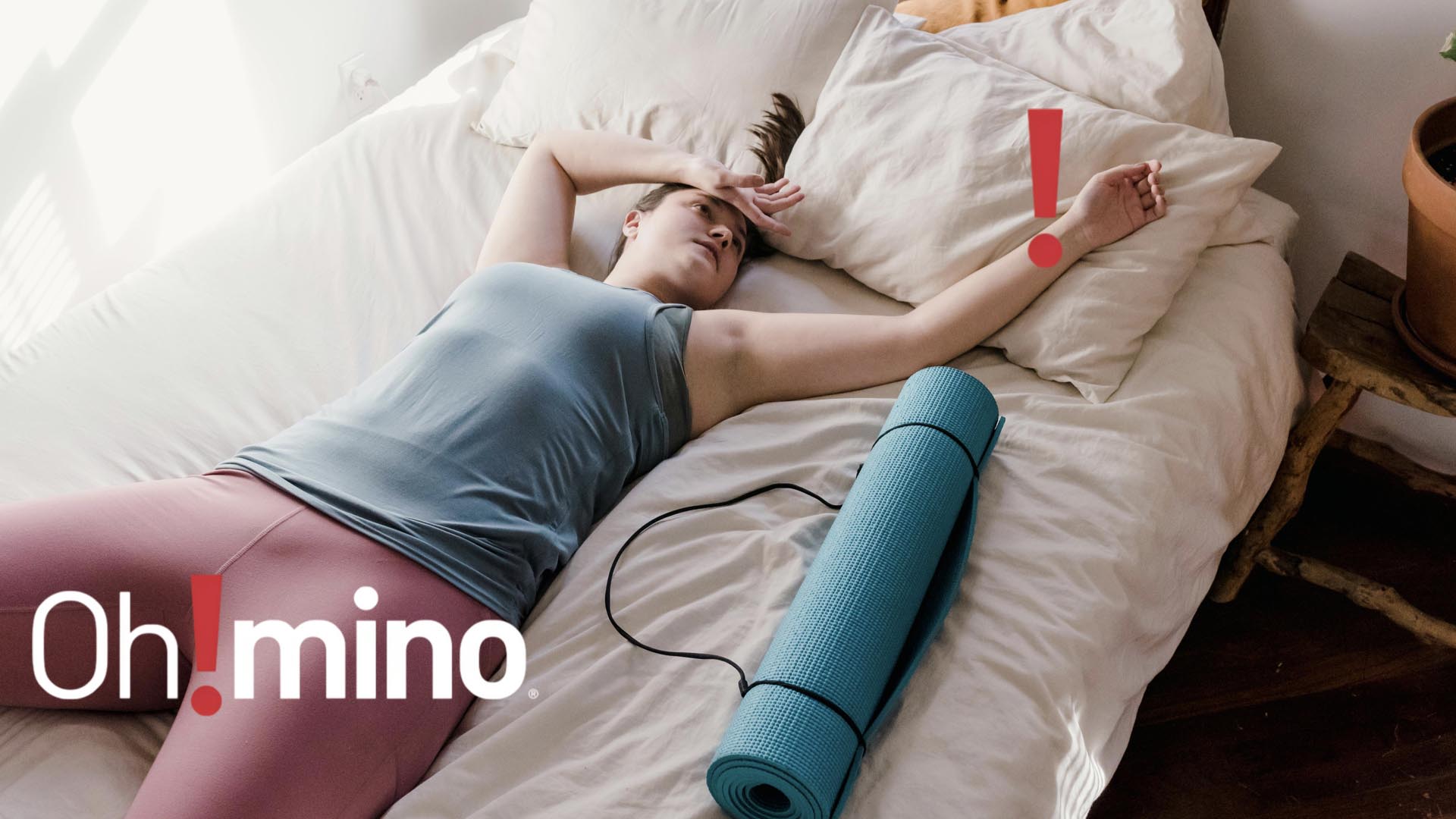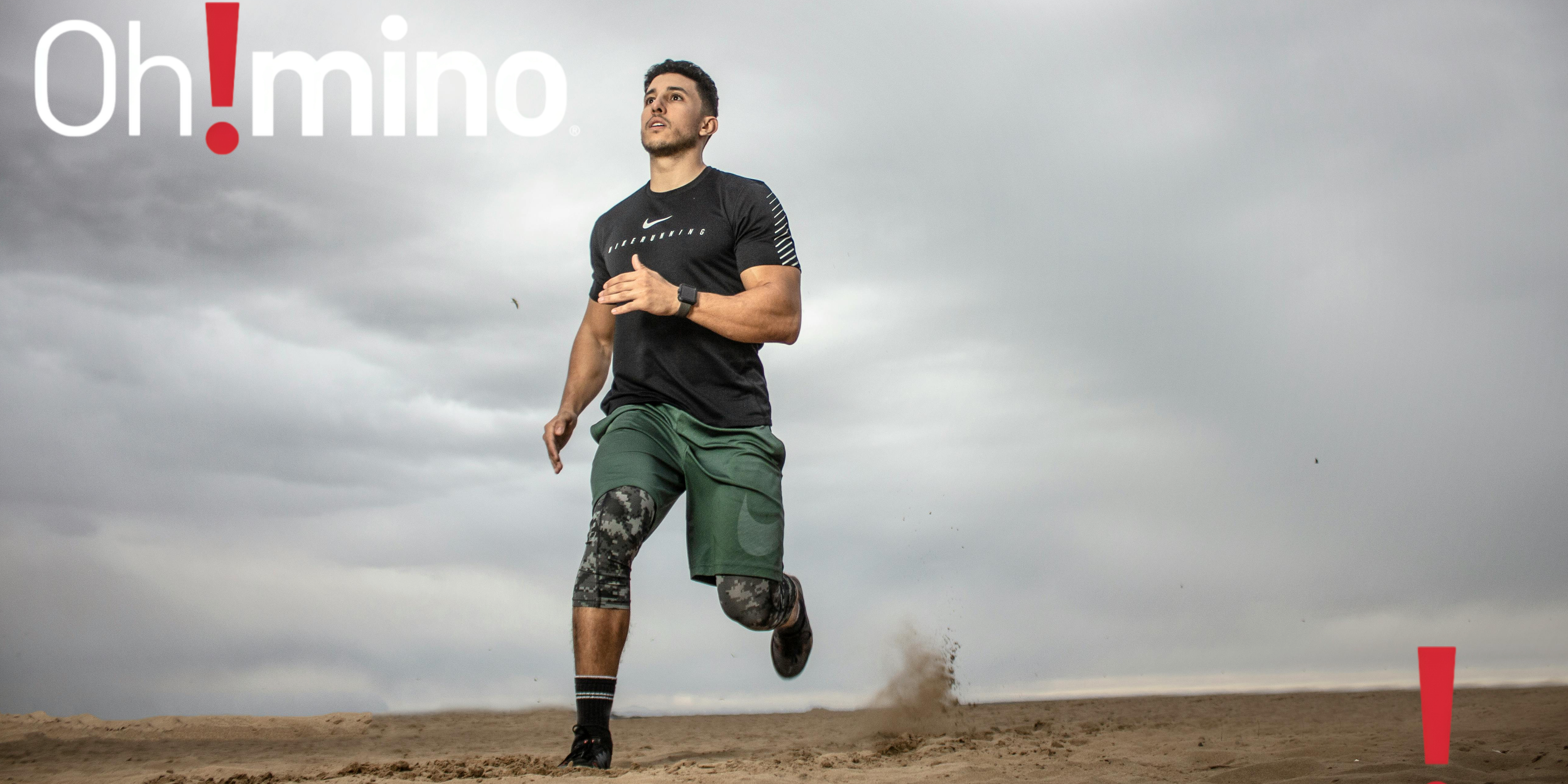Recovery is as crucial as the workout itself in any fitness regimen, yet it’s often relegated to a formulaic approach focused on protein intake and rest.
However, emerging research and traditional practices alike are broadening our understanding of recovery, offering contrarian yet effective methods to enhance muscle healing and prepare the body for its next challenge.
This exploration of innovative recovery techniques might just redefine your post-workout routine.
Rethinking Cool Downs: Active Recovery Reimagined
The typical static stretching session post-exercise is giving way to active recovery methods that promote blood flow and muscle healing without the strain of a full workout.
- Low-intensity Cross-training: Gentle activities on rest days, such as swimming or cycling, can enhance blood flow to sore muscles without overexertion.
- Yoga and Pilates: Incorporating these practices can improve flexibility, circulation, and mental well-being, contributing to a holistic recovery process.
Cold Therapy: Beyond the Ice Pack:
While ice baths have long been in the athlete's toolkit, new forms of cold therapy are proving to be equally, if not more, effective in reducing inflammation and speeding up recovery.
- Cryotherapy: Whole-body cryotherapy sessions expose the body to extremely cold air, potentially reducing inflammation and pain more efficiently than traditional ice baths.
- Cold Plunges in Natural Waters: Immersing in cold natural waters not only reduces inflammation but also boosts mental health through a connection with nature.
Nutrition: Beyond Protein Shakes
While protein is essential for muscle repair, other nutrients and foods can play a pivotal role in reducing inflammation and promoting recovery.
- Tart Cherry Juice: Rich in antioxidants, it can reduce muscle pain and decrease recovery time.
- Omega-3 Fatty Acids: Found in fish, chia seeds, and walnuts, omega-3s can help reduce inflammation and aid in muscle repair.
- Turmeric Milk: The curcumin in turmeric is a potent anti-inflammatory agent, making this a soothing post-workout drink.
Sleep and Recovery: Unleashing the Power of Rest
While the importance of sleep for recovery is well-known, the approach to optimizing sleep for muscle healing and performance rejuvenation is gaining new ground.
- Sleep Hygiene Practices: Consistent sleep schedules, reducing blue light exposure before bed, and optimizing the sleep environment can profoundly affect recovery.
- Power Naps: Short naps of 20-30 minutes can facilitate muscle recovery and improve cognitive function without affecting nighttime sleep.
Mindfulness and Mental Recovery
Recovery isn’t just physical; mental recovery plays a critical role in overall athletic performance.
Techniques often overlooked in traditional recovery regimens can provide significant benefits.
- Meditation and Mindfulness Practices: Reducing stress and focusing on the present can help improve recovery times and reduce the risk of injury by enhancing body awareness.
- Gratitude Journaling: Cultivating a practice of gratitude can improve mental resilience and recovery by fostering a positive mindset.
The landscape of post-workout recovery is evolving, blending science-backed techniques with traditional wisdom to offer athletes a comprehensive arsenal for healing.
By stepping beyond conventional methods and embracing a more holistic, sometimes contrarian approach to recovery, you can unlock new levels of performance and well-being.
This broader perspective on recovery, incorporating active recovery, cold therapy, nutrition, sleep optimization, and mental wellness, provides a multifaceted approach that can revolutionize how we think about and engage with our recovery processes.





